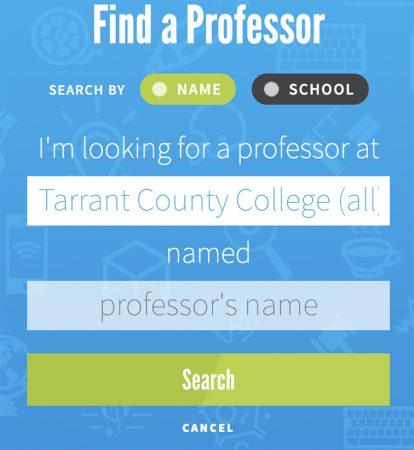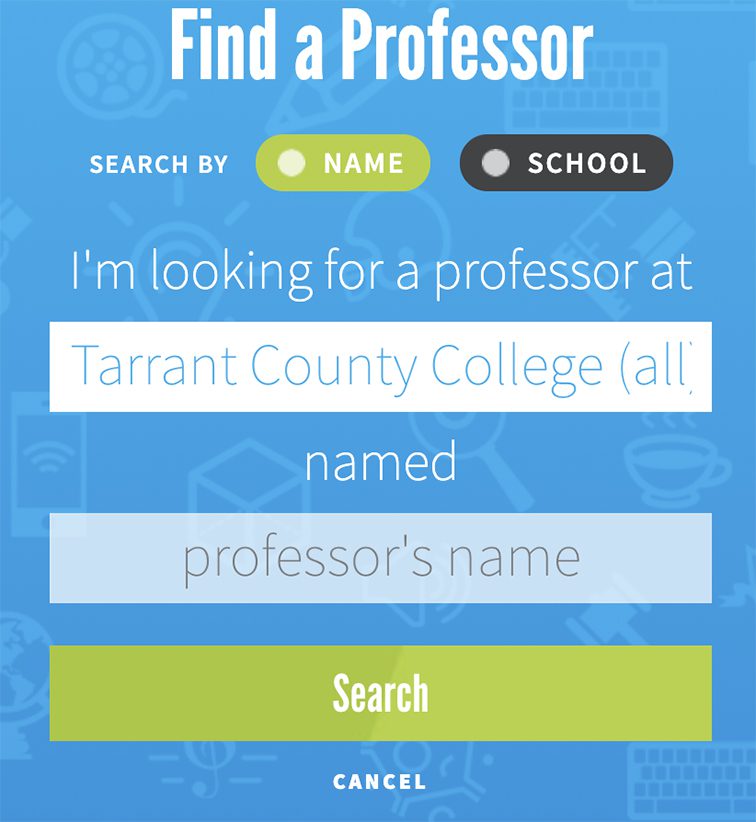| January 22, 2020 | Miloš Bukarica | reporter |
|---|

RateMyProfessors.com has been used by nearly 50 million students every year since its inception in May of 1999. While students think it’s a great service, many professors wonder if the website can be trusted.
RateMyProfessors.com can be a valuable resource for students who are deciding which classes to sign up for. Reviewers provide information ranging from the professor’s teaching style, to the style of the curriculum and everything in between.
It is this gray area that makes University of Texas Arlington communications professor Brian Horton question this service.
“One has to keep in mind when reading the reviews, that the data is not coming from a randomized sample, and as such, there is a selection bias,” Horton said. “Many would comment about the overall difficulty and workload, and others might comment on my humor.”
Horton said his reviews talk more about him as a person, rather than the way that he teaches. He believes that students would rather have an easy-going instructor instead of one who is focused on instruction over anything else.
“Ultimately, none of these are really that relevant to how I teach or the methods that I use for teaching,” Horton said.
He shared one review where a student complained they had to study for their exams.
“Why would that be a helpful comment?” Horton asked. “Why would you be able to pass any other class if you don’t study? What is the purpose of taking a class if you apparently already know the information?”
Not every professor seems to share his critical view of the service. NW associate drama professor Joshua Blann said that it could be a useful resource, but warns students to be wary.
“As with many internet-based rating sites, RateMyProfessors.com is pretty subjective,” said Blann. “I would advise students to take whatever they find on Rate My Professors with a grain of salt.”
Blann states that he looks at his scores, but he doesn’t let it affect the way he teaches. That is not to say that reading scores can’t lead to changes if the criticisms are valid. However, most reviews are just superficial.
NW chemistry and physics instructor Emad Nimri argues that the service is good for students. He advises students to use the site to gather useful information, such as class requirements and general course info, but also tells students not to take it too seriously.
“It gives the students an idea about the course and the class in general,” Nimri said. “It is a useful tool for students.”
Not all professors share the same viewpoint when it comes to RateMyProfessors.com, but students should remember when looking up the professor on the website that, as with any user-generated content, keep an open mind.

